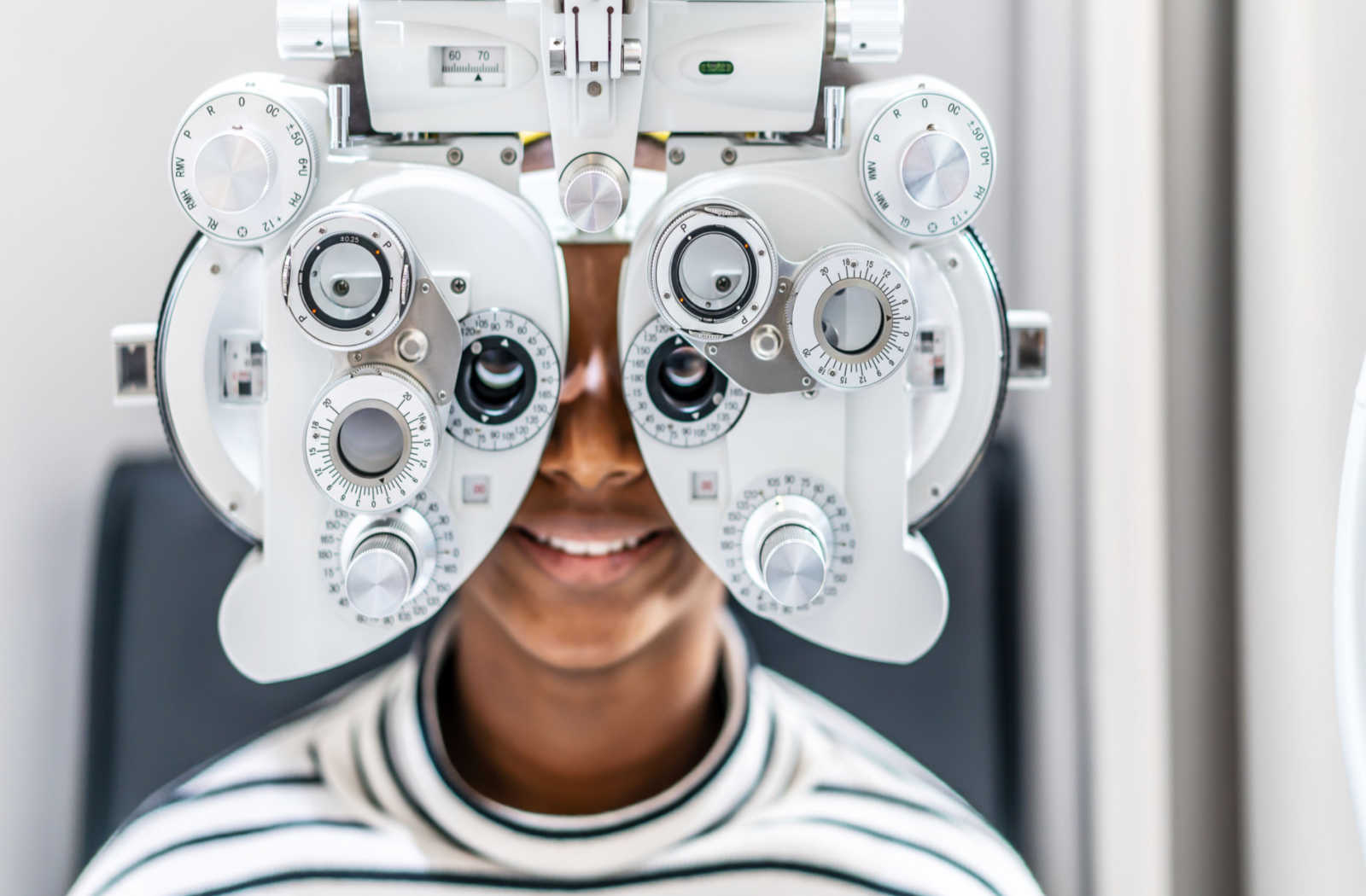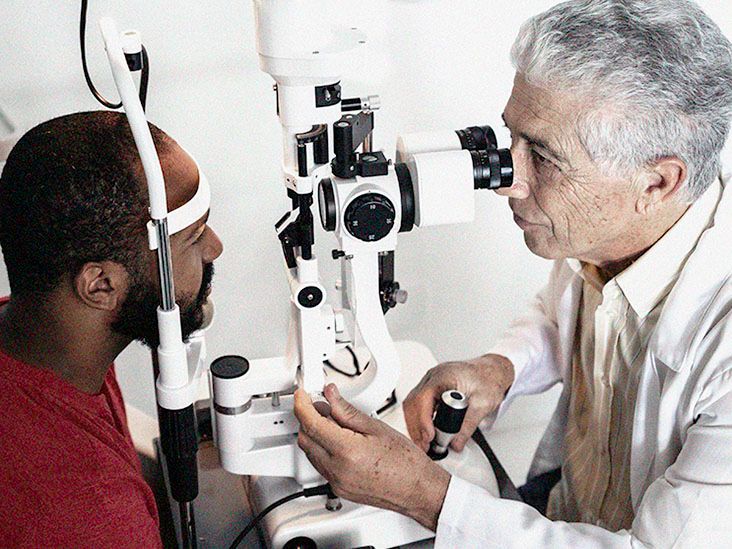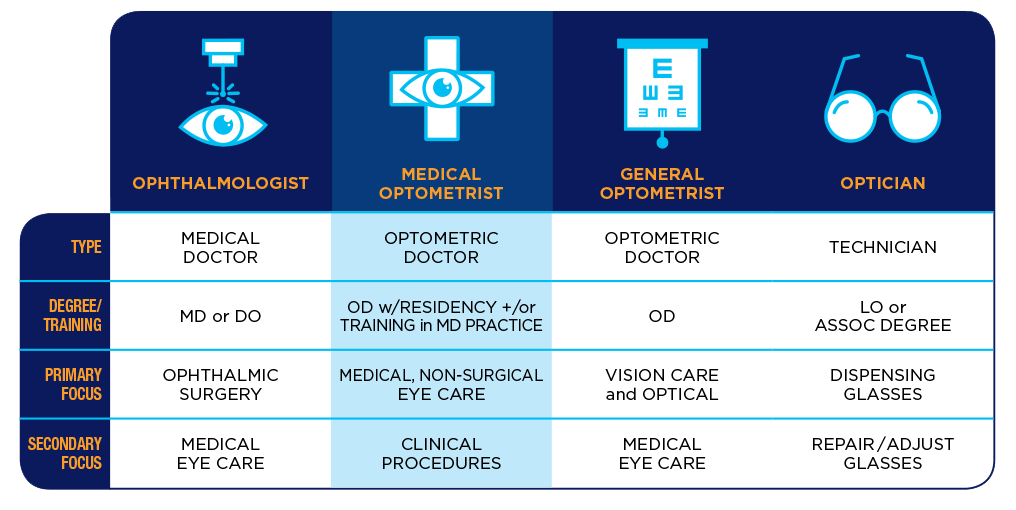Getting The Vision Center South To Work
Table of ContentsVision Center South for Beginners4 Simple Techniques For Vision Center SouthThe Definitive Guide to Vision Center SouthGetting My Vision Center South To WorkLittle Known Facts About Vision Center South.
It possibly suggests that your eyes are changing, and might show that your prescription has changed. You ought to book a consultation with your optometrist as soon as possible. https://www.bizoforce.com/business-directory/vision-center-south/. Light sensitivity might suggest a much more serious trouble and is an usual sign of a variety of eye disorders, illness, and infections
Seasonal allergies can make our eyes completely dry and scratchy, as can long term display use.
They are triggered by little bits of protein and various other cells that are embedded in the clear, gel-like material (called glasslike) which fills up the within our eye. As we age the glasslike comes to be even more liquid, making the little bits of healthy protein and various other cells much more recognizable. Some advances (especially those gone along with by flashes of light) may indicate a very major problem, such as a removed retina.
Make an emergency situation consultation with your ophthalmologist or proceed to the local emergency situation space. A lot of retinal detachments can be fixed if they are treated soon, but if they are not treated in time you may experience a loss of vision and even loss of sight. Dual vision, additionally called diplopia, can happen in either one eye (monocular) or both eyes.
An Unbiased View of Vision Center South
The very best method to identify the source of your dual vision is to book a visit with your eye medical professional. If you are seeing halos around lights, especially during the center of the day, it might indicate that you have astigmatism or presbyopia. It might additionally indicate that something a lot extra significant is going on, so you should make a consultation with your eye doctor as soon as feasible.
Issues with nighttime vision might additionally suggest that you are starting to establish cataracts. Cataracts can just be healed utilizing surgical treatment, however your eye doctor can recommend actions you can require to slow down the progression of cataracts. For more details, and to get your eyes inspected, make a consultation with your ophthalmologist.
Adjustments to your near or much vision generally suggest that your prescription has changed. Even if the changes are only minor you ought to still make a consultation with your optometrist to stay clear of causing unneeded eye strain. Constant migraines are typically rooted in vision problems. Vision adjustments are usually slow, so you may not see them in time.
According to the Canadian Organization of Optometrists adults with healthy and balanced eyes in between the ages of 20 and 39 need to see their ophthalmologist every 2 to 3 years. Adults in between the ages of 40 and 64 should make an appointment when every 2 years, and adults over the age of 64 must see their eye doctor annually.
Examine This Report on Vision Center South

The practice of optometry involves: conducting eye examsconducting vision testsprescribing and dispensing restorative lensesdetecting certain eye irregularitiesprescribing medication for certain eye conditionsproviding visual rehabilitationOptometrists are not surgical specialists and they do not generally perform surgery. They can perform minor surgical treatments, such as laser eye surgery and foreign body elimination (https://visioncntrsth.mystrikingly.com/). To figure out what an optometrist can do in a certain state or country, a person can seek advice from the relevant regional boards of optometry
They might function directly with people seeking eye treatment either in a retail store that sells prescription glasses or get in touches with or in an optometrist's workplace. They can help spot specific eye worries, they mostly engage with people and style and fit the adhering to visual aids: spectacles lenses and framescontact lensesother gadgets to fix a person's eyesightOpticians use prescriptions from an eye doctor or ophthalmologist to validate and fit the essential visual aids.
This entails continuing their education and training in a specific location of clinical or medical eye care. Some subspecialties of ophthalmology include: The cornea is the clear, safety outer layer of the eye.
People that have trauma to the cornea or challenging contact lens installations might likewise talk to a corneal specialist. A few instances of problems that a corneal expert can take care of consist of: A cornea expert can diagnose and treat corneal eye conditions, such as corneal dystrophies, corneal edema, and keratoconus. They can treat inflammation of the cornea that results from various causes.
The 3-Minute Rule for Vision Center South
They can recognize original bacterial, viral, and parasitic pathogens that create corneal abscess and scarring Cornea experts might likewise execute surgical procedures such as refractive surgery and corneal transplant. The retina is the pop over to this site thin layer of tissue that lines the internal part of the rear of the eyeball. Its duty is to obtain light and send aesthetic signals to the mind.

Glaucoma is an eye problem that can result in permanent vision loss. It occurs when liquid builds up within the eye. The excess fluid taxes delicate retinal nerve fibers, causing damage to the optic nerve. Without therapy, this can cause a person to gradually lose their field of vision.
Vision Center South for Dummies
A pediatric expert can help treat this condition in kids and grownups. Refractive mistakes cause problems with a child's vision. Without therapy, this can cause fuzzy vision that influences their institution performance. A pediatric expert can help determine and treat the condition, often with prescription lenses or other rehabilitative procedures.


An eye doctor can aid identify and correct the difference in vision in between both eyes. Ophthalmologists frequently require extra aid from registered nurses, clinical assistants, and specialists. These roles give critical assistance in-office. Ophthalmic registered nurses have gone through additional training in eye care. They can provide eyedrops and various other medications and help with office or hospital surgical procedures.